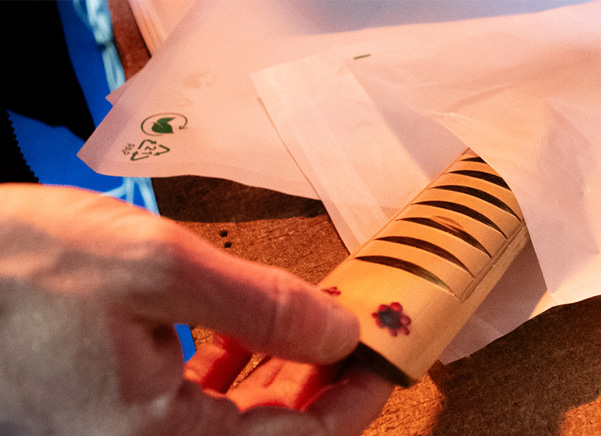Our sustainable packaging
A key principle of Honestly Made is sustainability, and we’ve modified our packaging of these items accordingly. Many products are simply labelled with a recyclable cardboard tag and shipped exactly as we received them, but for cases where extra packaging is required, we have also adopted fully recyclable and biodegradable glassine paper bags.
Naturally, we don’t want to waste our pre-existing packaging material, meaning you might still receive some of these products in classic, non-glassine packaging. If so, rest assured that your order has contributed to our collective waste management mission.











